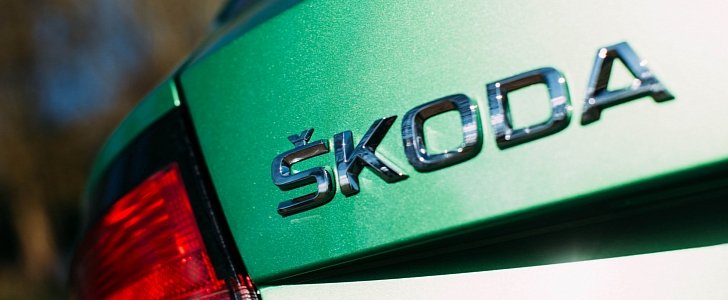Skoda could face court action from the United Kingdom’s Department for Transport (DfT) because of the Dieselgate scandal. According to a report, the Department for Transport is considering a court case against the Czech brand for its involvement in the Volkswagen Group’s emission-cheating scandal.
The UK-based Vehicle Certification Agency granted EU-type approval of proposed technical fixes for vehicles that had diesel engines fitted with the famed “defeat device” developed by the Volkswagen Group.
As Autocar reports, the successful prosecution of Skoda could only be performed if the DfT’s lawyers can prove that officials of the Skoda brand knowingly made false statements about their products when they submitted them for European-type approval.
For the moment, it is unclear why the DfT wants to target Skoda in particular on this matter, and not Volkswagen or another brand of the German corporation.
Like in many parts of the Dieselgate-related investigation, the potential lawsuit was revealed by a person close to the matter. In this case, we are writing regarding a letter to the House of Commons Transport Committee, sent from the UK’s transport minister, Robert Goodwill. The letter was published on 6 June, 2016, and contains the information disclosed by Autocar.
Mr. Goodwill wrote that they notified the criminal counsel earlier this year, but fears that “it would be untimely,” and “potentially damaging” to any considered undertaking to discuss the matter further at this moment.
According to previous information, the Volkswagen Group sold approximately 1.2 million vehicles in the United Kingdom with various “defeat devices.” Volkswagen has already submitted fix proposals to the German authorities. Meanwhile, the Vehicle Certification Agency is discussing the submission for the technical solution proposed for Skoda cars.
We must note that the platform and engine sharing strategy of the German corporation should ensure that all the affected engines could be brought to standard using the same methods. We believe the current situation appeared because of EU-type regulations which demand special homologation for each proposed fix, and not because a specific issue with a particular brand.
As Autocar reports, the successful prosecution of Skoda could only be performed if the DfT’s lawyers can prove that officials of the Skoda brand knowingly made false statements about their products when they submitted them for European-type approval.
For the moment, it is unclear why the DfT wants to target Skoda in particular on this matter, and not Volkswagen or another brand of the German corporation.
Like in many parts of the Dieselgate-related investigation, the potential lawsuit was revealed by a person close to the matter. In this case, we are writing regarding a letter to the House of Commons Transport Committee, sent from the UK’s transport minister, Robert Goodwill. The letter was published on 6 June, 2016, and contains the information disclosed by Autocar.
Mr. Goodwill wrote that they notified the criminal counsel earlier this year, but fears that “it would be untimely,” and “potentially damaging” to any considered undertaking to discuss the matter further at this moment.
According to previous information, the Volkswagen Group sold approximately 1.2 million vehicles in the United Kingdom with various “defeat devices.” Volkswagen has already submitted fix proposals to the German authorities. Meanwhile, the Vehicle Certification Agency is discussing the submission for the technical solution proposed for Skoda cars.
We must note that the platform and engine sharing strategy of the German corporation should ensure that all the affected engines could be brought to standard using the same methods. We believe the current situation appeared because of EU-type regulations which demand special homologation for each proposed fix, and not because a specific issue with a particular brand.

